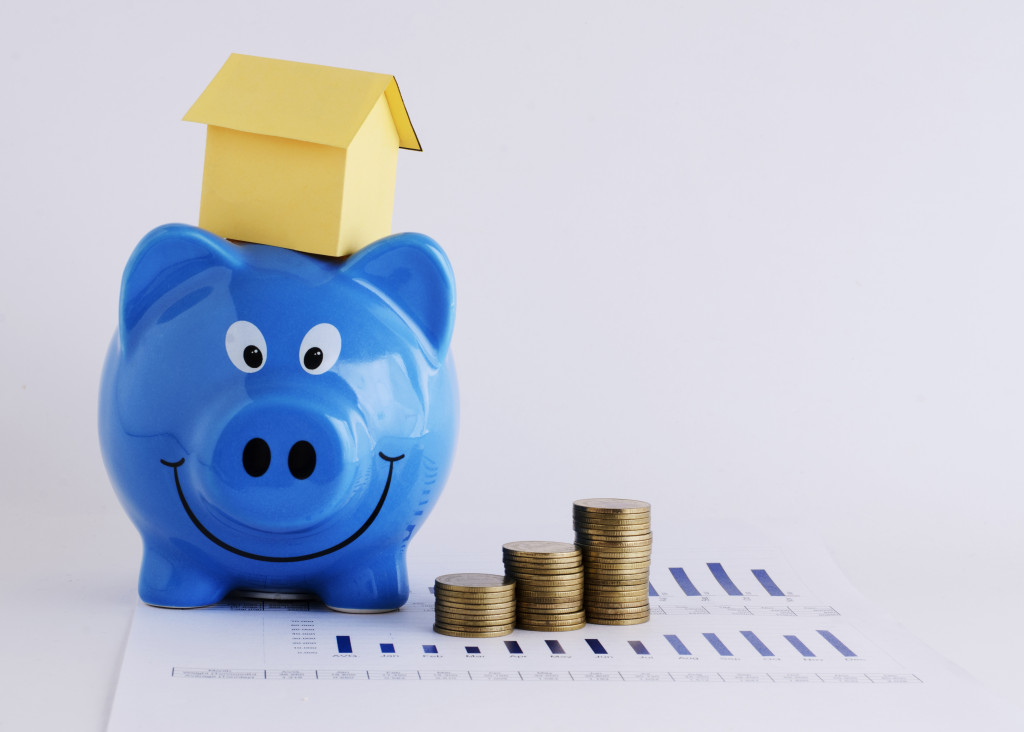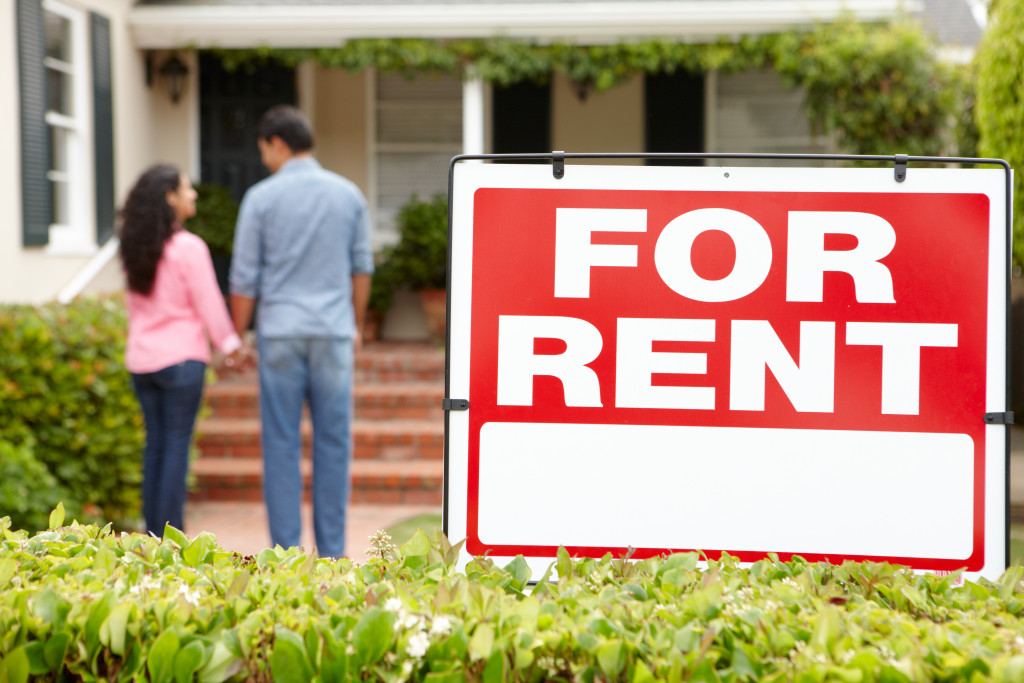The decision to rent or buy a home is a big one. There are pros and cons to both options, and it’s important to consider all of them before making a decision. In this article, we’ll explore some things you should take into account if you’re thinking about renting a home. Keep reading to learn more!
The Pros of Renting a Home
You don’t have to worry about maintenance or repairs
One of the biggest pros of renting a home is that you don’t have to worry about maintenance or repairs. When something breaks, it’s the landlord’s responsibility to fix it. This can be a huge relief, especially if you’re not handy or don’t have the time to deal with repairs. It can also be helpful if you’re on a tight budget since you won’t have to spend money on repairs or maintenance yourself.
Additionally, most landlords include utilities in the cost of rent, so you won’t have to worry about budgeting for those expenses either. This can be a huge perk, especially during cold seasons when heating bills can be high.
Rent is often cheaper than a mortgage payment, at least in the short-term

Mortgage payments are often more expensive than rent in the short term. This is especially true if you don’t have a lot of money saved up for a down payment. In most cases, you’ll need to put down a percentage of the home’s purchase price to get a mortgage. If you don’t have that kind of money saved up, you’ll likely have to pay for private mortgage insurance, which can add hundreds to your monthly payment.
Renting a home, on the other hand, usually doesn’t require a down payment. You can often find apartments and houses for rent that are within your budget, even if you don’t have a lot of money saved up. This can be a huge advantage if you’re on a tight budget or you’re not sure if you want to stay in your current location for a long period.
The Cons of Renting a Home
You may have to move more often
Another downside of renting is that you may have to move more often than if you buy a home. This is because landlords often want to keep their units filled with tenants, so they may ask you to move if they find someone willing to pay more rent than you are. This can be frustrating and stressful, especially if you have kids or pets who have to adjust to new schools or neighborhoods every few years.
Additionally, many landlords require tenants to sign lease agreements, which means you may be stuck in your rental unit for a certain amount of time. If you need to move for any reason (like if you get a new job or your family grows), you may have to break your lease and end up paying expensive penalties. You also won’t be able to build any equity in your home if you rent, which means that you won’t see any benefits from increasing property values in your area.
Landlords can increase rent at any time, although they typically give advance notice
One of the cons of renting a home is that landlords can increase rent at any time, although they typically give advance notice. This can be a huge inconvenience, especially if you’ve already made long-term plans based on your current rent price. Additionally, it’s important to note that landlords can raise rent prices as they see fit, regardless of how the economy is doing. So if you’re concerned about being able to afford your rent in the future, renting may not be the right option for you.
When renting a home, it’s important to be aware of the various rent payment solutions available. Most landlords will require rent to be paid every month, but some may allow for bi-monthly or even weekly payments. Additionally, many landlords require rent to be paid in full at the beginning of each month. If you’re unable to afford your rent payment in full, be sure to reach out to your landlord and ask about a payment plan. Most landlords are happy to work with their tenants, as long as rent is paid on time.
Renting a home can have its pros and cons, but it’s important to weigh all of your options before you make a decision. If you’re on a tight budget, renting may be the best option for you since you won’t have to worry about repairs or maintenance yourself. However, if you want to stay in your current home for a long time or you’re worried about increasing rent prices, buying may be the better choice for you. Keep in mind that each situation is unique, so be sure to talk to a financial advisor before making any major decisions.
